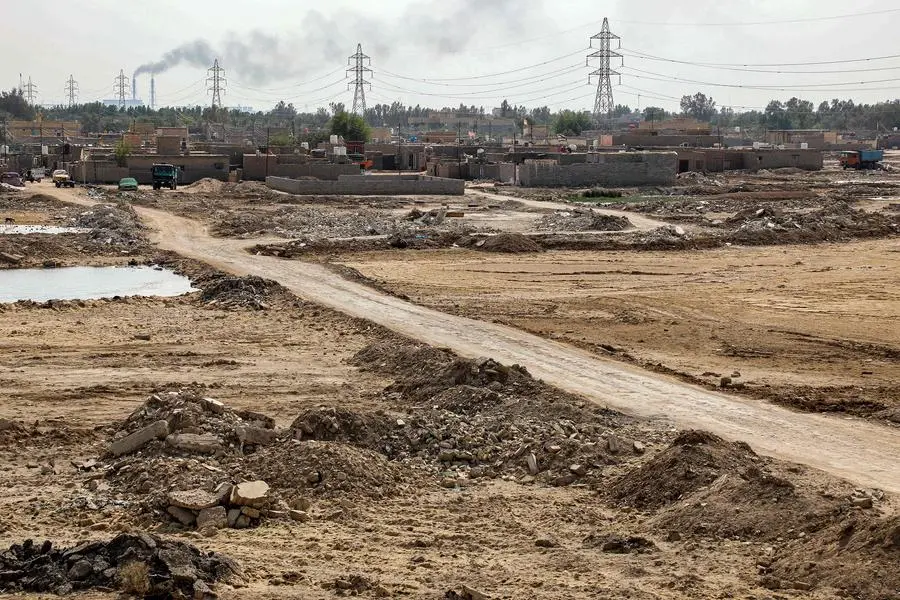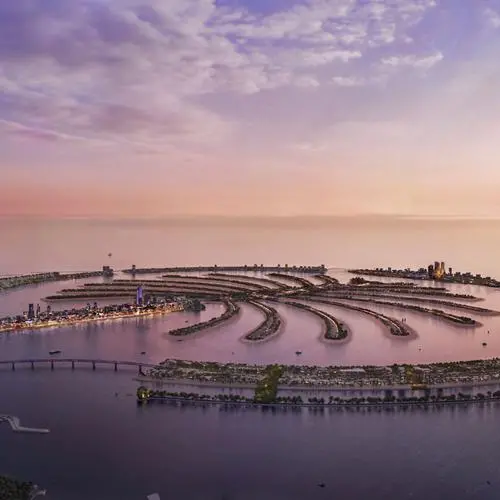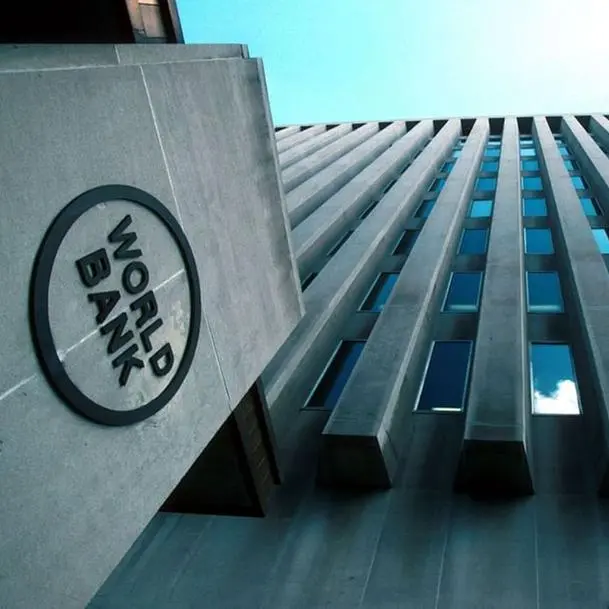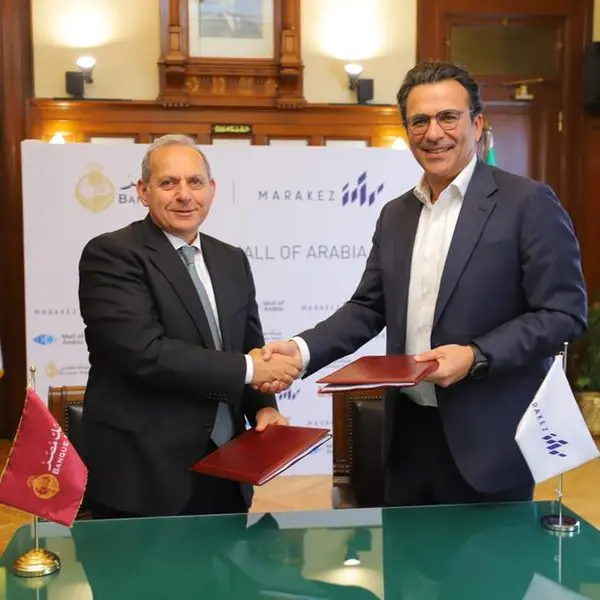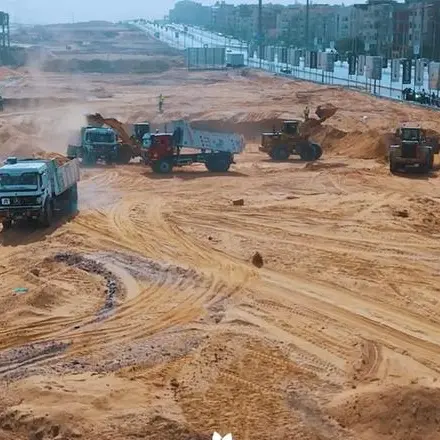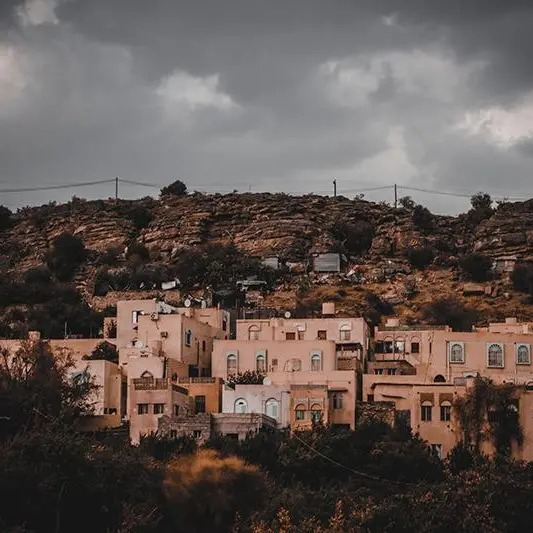PHOTO
With an eye on diversifying its economy beyond oil, Iraq is optimistic about a 5 percent non-oil sector growth in 2024, according to Abdul Zahra Al-Hindawi, the official spokesperson for the Iraqi Ministry of Planning.
He told Zawya Projects that the Private Sector Development Council has been elevated to a permanent body with the Prime Minister at its helm to raise the profile of the private sector in terms of GDP contribution.
“This signifies a strong commitment to supporting and developing the private sector, fostering partnerships to achieve higher economic growth and national development goals,” he observed.
The Ministry is currently focusing on several key initiatives and projects, including the implementation of the national population census planned for November 2024; finishing the five-year development plan for 2024 – 2028 and reviving and completing delayed and stalled projects.
Al-Hindawi pointed out that the government has designated 2024 as the year of completing stalled or delayed projects.
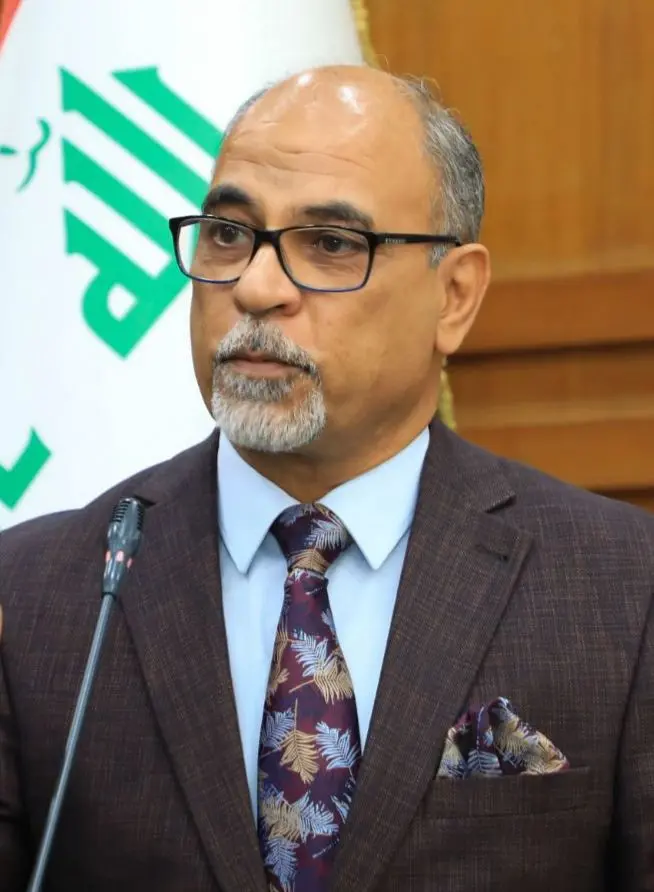

“The follow-up committees led by Minister of Planning, Mohamed Ali Tamim, have successfully reduced the number of stalled projects to below 1,000. For example, 70 hospital projects of various capacities throughout Iraq have been successfully revived,” he said.
Excerpts from the interview:
What are the main goals of the development that the Ministry is working to achieve?
Ministry plays a vital role in driving Iraq's Vision 2030 for Sustainable Development through the five -year development plan. Additionally, we're actively developing a comprehensive strategy to combat poverty, prioritising both governmental and sustainable development objectives.
Our focus is on combating poverty, improving the level of public services, education, health and housing sectors, improving income and food security and addressing climatic challenges. These areas have been prioritised within the development plan and the government programme.
What are the key initiatives and projects the Ministry of Planning is currently focusing on?
A key project for this year is the implementation of the national population census planned for November 2024. This is a tremendous undertaking with multifaceted requirements and timelines to be met. One crucial aspect is securing 120,000 to 130,000 tablet devices from recognised global suppliers for data collection during the census. We'll conduct a pilot census in May as a trial run to test our technological and human resource capabilities. We also have training sessions for more than 130,000 enumerators who will execute the census.
We're also gearing up for the vital inventory and numbering operations scheduled for August and September. These processes form the very foundation of the census. Alongside this, we're working on several other crucial requirements, such as establishing a data centre and providing satellite images and maps at governorate, district, and village levels for accurate field operations and numerous technical, logistical, administrative, financial, and other requirements.
The Ministry is also working on finishing the five-year development plan for 2024 - 2028, which is currently in the last stages and will be launched soon. The plan is aligned with the government's priorities and Iraq's 2030 vision for sustainable development. The Ministry is also working on reviving and completing delayed and stalled projects by setting up special committees and organising field visits to resolve the obstacles facing these projects.
How is the Ministry involved in the Iraqi government's plans to diversify the economy and reduce dependence on oil?
The Ministry's policies and plans aim to achieve sustainable development by raising economic and income levels and improving human well-being in health, housing, education, income, and food security. These policies also prioritise transforming Iraq's oil-dependent singular economy into a diversified one through the five-year development plan and emphasising non-oil economic activity.
Non-oil economic activities are projected to achieve 5 percent growth in 2024, supported by firm oil revenues. Our ambitious goal is to achieve an annual economic growth rate of 4.5-5 percent, double the current rate of 2.5 percent and exceeding the population growth rate. Significant expansion in non-oil sectors and related economic activities is crucial to reach this target, with the private sector playing a pivotal role in driving this growth.
The Private Sector Development Council has been elevated to a permanent body, with the Iraqi Prime Minister assuming its leadership. This signifies a strong commitment to supporting and developing the private sector, fostering partnerships to achieve higher economic growth and national development goals.
How is the budget allocated to various sectors and projects to achieve development goals?
The Ministry uses established criteria for the allocation of the national budget. For example, funding allocation to the governorates is guided by factors such as population and poverty percentages. Additionally, governorates with border crossings get a share of the customs revenues, and those with oil industries get petrodollar allocations. In the case of ministries, each Ministry is expected to submit its plan for projects within the government investment programme. The Ministry of Planning decides the allocations after studying their plans. Local governments present projects through the governorate development programme.
Iraq has more than 6,000 projects underway in the transportation, communication, construction, service provision, agriculture, and industry sectors. These projects are distributed throughout the country. Financial commitments associated with existing contracts and ongoing projects take precedence. Once these obligations are fulfilled, the government will take up new commitments and agreements. If there is a project of utmost importance, it can be approved after the Iraqi Cabinet clears it.
How does the Ministry contribute to developing the basic infrastructure in Iraq?
The Ministry contributes to developing the basic infrastructure by crafting plans and development programmes tailored to the realities on the ground. We are guided by our annual reports that highlight development gaps across various sectors at the governorate, district, and village levels. Through our comprehensive reports, we know the specific gaps in each governorate, whether in the number of schools, health centres, transportation, etc. Equipped with these detailed findings, we ask the ministries and governorates to address the identified gaps in their plans and projects. If they fail to prioritise the development gaps or needs, we will withhold approvals and financial allocations.
Could you provide details on the number of stalled projects and plans for revival and completion?
Various committees led by Planning Minister Muhammad Ali Tamim have reviewed and addressed previously delayed and stalled projects, reducing their number to below 1,000. Notably, they achieved significant progress on all hospital-related projects. This year, the Iraqi government has prioritised removing obstacles hindering stalled projects and completing the vast majority according to its national plan, reflecting its commitment to the slogan that 2024 will be the year of completing projects.
Could you tell us about the planning ministry's involvement in social welfare projects?
Social welfare projects come under the ambit of the Ministry of Labor and Social Affairs. The Planning Ministry analyses data to identify the recipients, ensuring that support reaches those below the poverty line.
Our efforts are focused on the economic empowerment of the poor, not only in terms of getting financial support but also access to essential services such as housing, health and education, and enabling sustainable income generation by supporting soft loans and work projects to equip them with skills and resources. We are also involved in building residential complexes for low-income families in the governorates of Diwaniyah, Wasit, Muthanna, Kirkuk, Al-Anbar, and Salah Al-Din, with the units provided free of charge. There are more such residential complexes under implementation in other governorates.
Additionally, the low-income groups will be granted housing units within the new residential cities built in the country.
In what ways is the government employing technology for the planning and implementation of development projects?
The Iraqi federal government is investing heavily in automating, digitising, and improving the governance of all economic and service activities to streamline operations, enhance transparency and stimulate the economy. We plan to automate the processes at border crossings and the Ministry of Interior and implement electronic service gates.
Within the Ministry of Planning, we have implemented several digitisation initiatives, including the electronic gate for Iraqi companies and contractors, which streamlines the approval process and enhances accuracy. Moreover, we are preparing for the upcoming national census by automating all stages, ensuring efficiency and data integrity.
How does the Ministry ensure that the development projects adhere to principles of environmental sustainability?
Environmental sustainability is critical for all our development projects. That's why we've implemented straightforward controls and criteria which all state institutions must follow. These controls ensure that the projects are environmentally sustainable while helping to reduce energy consumption and find innovative alternatives. These requirements apply to all projects led by ministries, governorates, and even the recently launched new residential cities.
International development organisations had always played an important role in Iraq’s reconstruction following the ISIS war. Is such aid still an important component of the government’s planning and development efforts?
Iraq enjoys productive collaboration with many organisations and agencies, whether the United Nations (UN) or other international development agencies like Japan's JICA, South Korea's KOKA, Germany's GIZ and the US' USAID. A few days ago, the joint programme between Iraq and the UN for 2024-2025 was reviewed jointly to assess its accomplishments and alignment with the government's priorities.
Previously, international development agencies, recognising the challenges faced by Iraq due to terrorism and its associated displacement, primarily focused on supporting the government's humanitarian efforts. Today, a shift is evident, with greater emphasis on development initiatives, including addressing climate change, education, and healthcare.
(Reporting by Majda Muhsen; Editing by Anoop Menon)
(anoop.menon@lseg.com)
Subscribe to our Projects' PULSE newsletter that brings you trustworthy news, updates and insights on project activities, developments, and partnerships across sectors in the Middle East and Africa.
